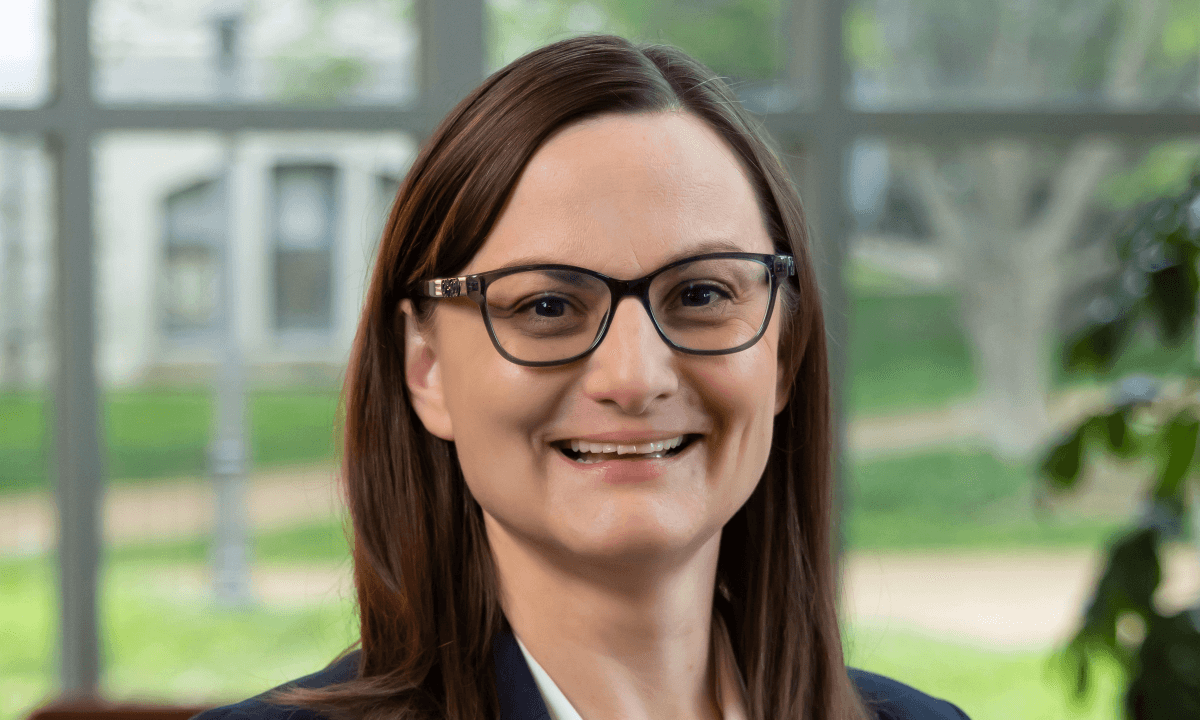 Vanderbilt Law School ranks among the top 10 law schools in the nation based on the scholarly impact of its faculty, according to a ranking published by a team of legal scholars headed by Gregory Sisk of the University of St. Thomas School of Law. The ranking system is based on the Leiter Score Ranking for the Top Third of law schools, developed by University of Chicago Law Professor Brian Leiter, who reports on the legal academy through the blog Brian Leiter’s Law School Reports.
Vanderbilt Law School ranks among the top 10 law schools in the nation based on the scholarly impact of its faculty, according to a ranking published by a team of legal scholars headed by Gregory Sisk of the University of St. Thomas School of Law. The ranking system is based on the Leiter Score Ranking for the Top Third of law schools, developed by University of Chicago Law Professor Brian Leiter, who reports on the legal academy through the blog Brian Leiter’s Law School Reports.
Sisk and his team based their ranking of the scholarly impact of law faculties on citations of the published work of tenured law faculty at U.S. law schools during the five previous years, 2013 to 2017. Vanderbilt professors whose work was frequently cited include economist Margaret Blair, who studies business law; administrative law scholar Lisa Schultz Bressman; Dean Chris Guthrie, whose work focuses on the intersection of law and behavioral psychology; criminal procedure expert Nancy King; administrative and energy law scholar Jim Rossi; administrative law scholar Ed Rubin; environmental law expert J.B. Ruhl; constitutional law scholar Suzanna Sherry; criminal law and procedure scholar Chris Slobogin; and economist Kip Viscusi, whose work addresses risk and uncertainty.
To arrive at the ranking, Sisk and his team calculated each school’s scholarly impact score based on median and mean citations from all tenured law professors during the five-year period from 2013 to 2017. Vanderbilt’s law faculty has consistently performed well by this measure, having been ranked ninth in the previous ranking published by Sisk and his team based on citations of faculty research published between 2010 and 2014. Vanderbilt’s faculty had previously ranked eighth in Leiter’s “Top 70 Law Faculties in Scholarly Impact, 2007-2011,” published in 2012, and tenth among the “Top 25 Law Faculties in Scholarly Impact, 2005-09,” published in 2010.
“The one-third of American law schools that are ranked in this 2018 study have maintained a commitment to legal scholarship by faculty, thus upholding academic responsibilities both to the larger community…in understanding and reforming the law and to students by ensure an active intellectual life as part of professional education,” Sisk and his co-authors wrote.
Using a similar methodology, Leiter has recognized a number of Vanderbilt Law faculty as among the top 10 to 20 most-cited faculty in various specialty areas, including Chris Guthrie in law and social sciences; Christopher Serkin in property and land use; Edward Cheng in evidence law scholars; Chris Slobogin and Nancy King in criminal law and procedure; J.B. Ruhl, Lisa Bressman and Jim Rossi in public law; and W. Kip Viscusi in law and economics. Leiter also published a ranking in which Vanderbilt ranked among the top 10 law schools in the nation for the number of tenured faculty who appeared on “most cited” lists.
Dean Chris Guthrie emphasized the consistently high ranking of Vanderbilt Law faculty in terms of scholarly productivity and impact. “While I am generally skeptical of rankings, this study offers an objective measure of faculty impact, and Vanderbilt’s ranking highlights the impressive productivity of our law faculty,” he said. “Our faculty includes a depth of established legal scholars whose body of work has influenced law and policy for two or more decades as well as influential new voices.”
Leiter touted the updated rankings in a blog post as “a useful check on uninformed opinions and tracks rather well the actual scholarly output of different schools.”
